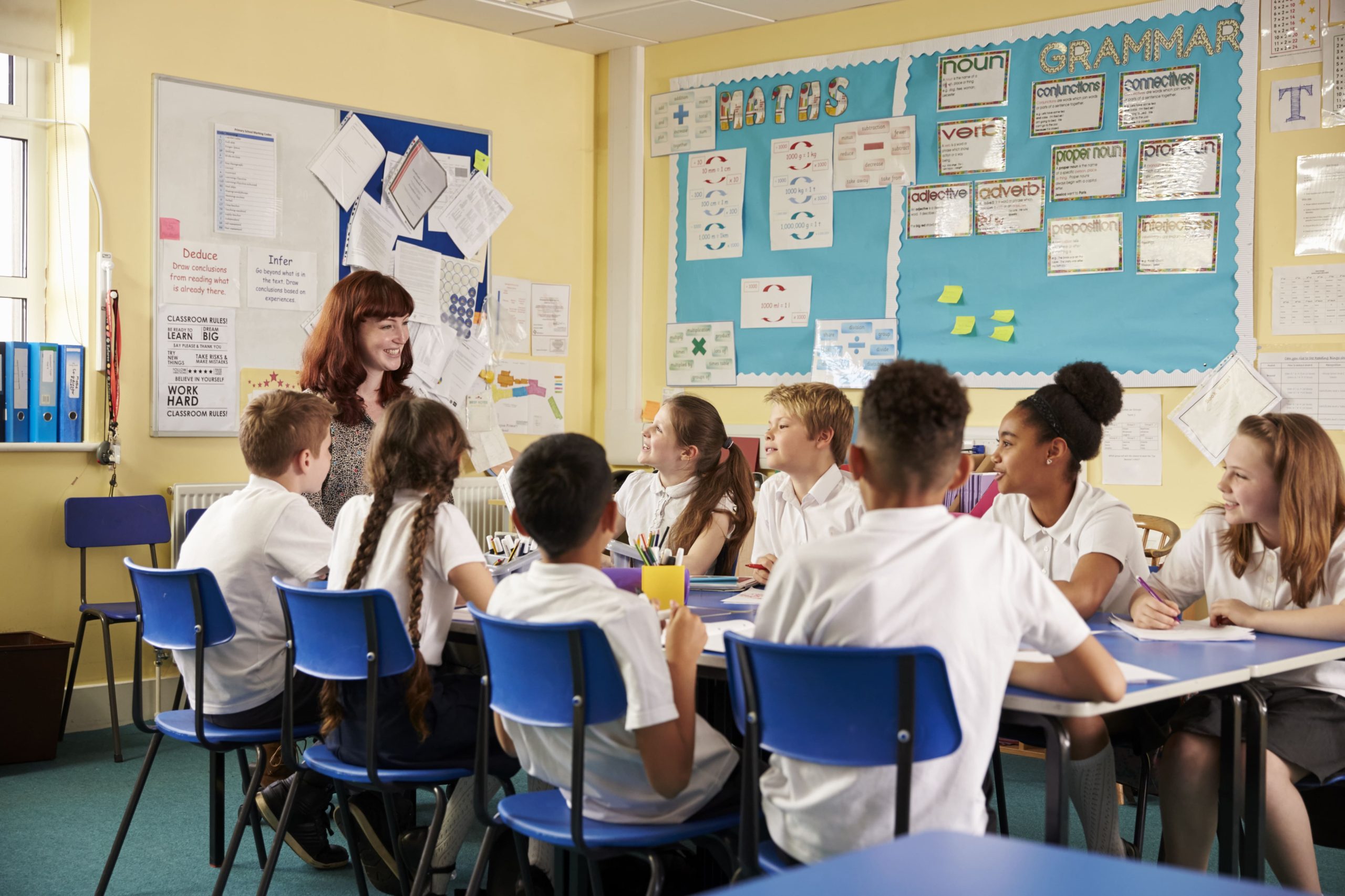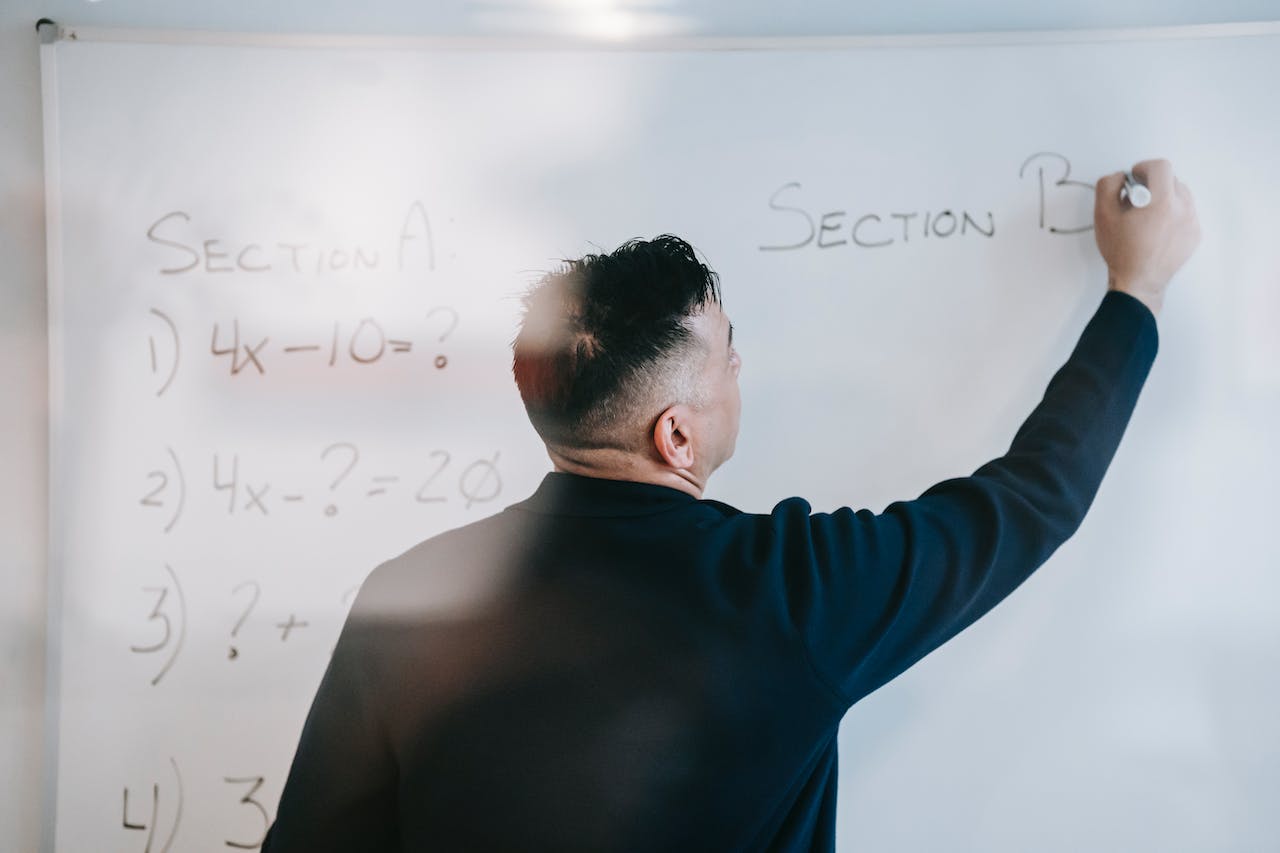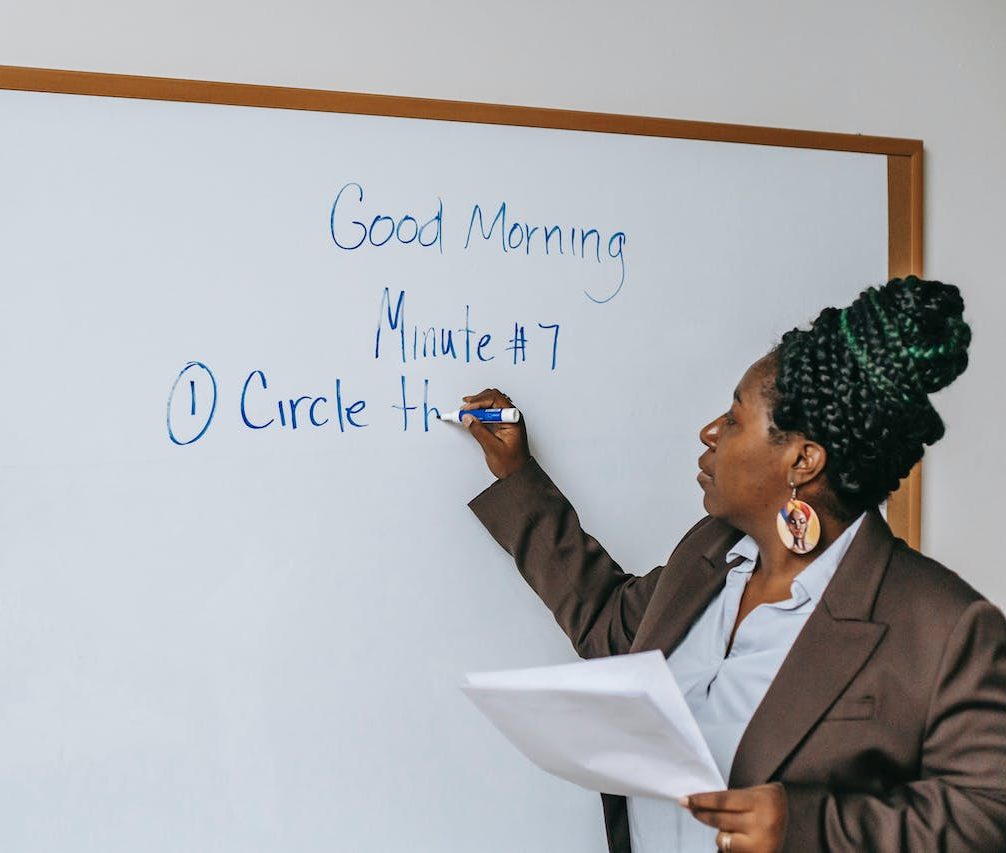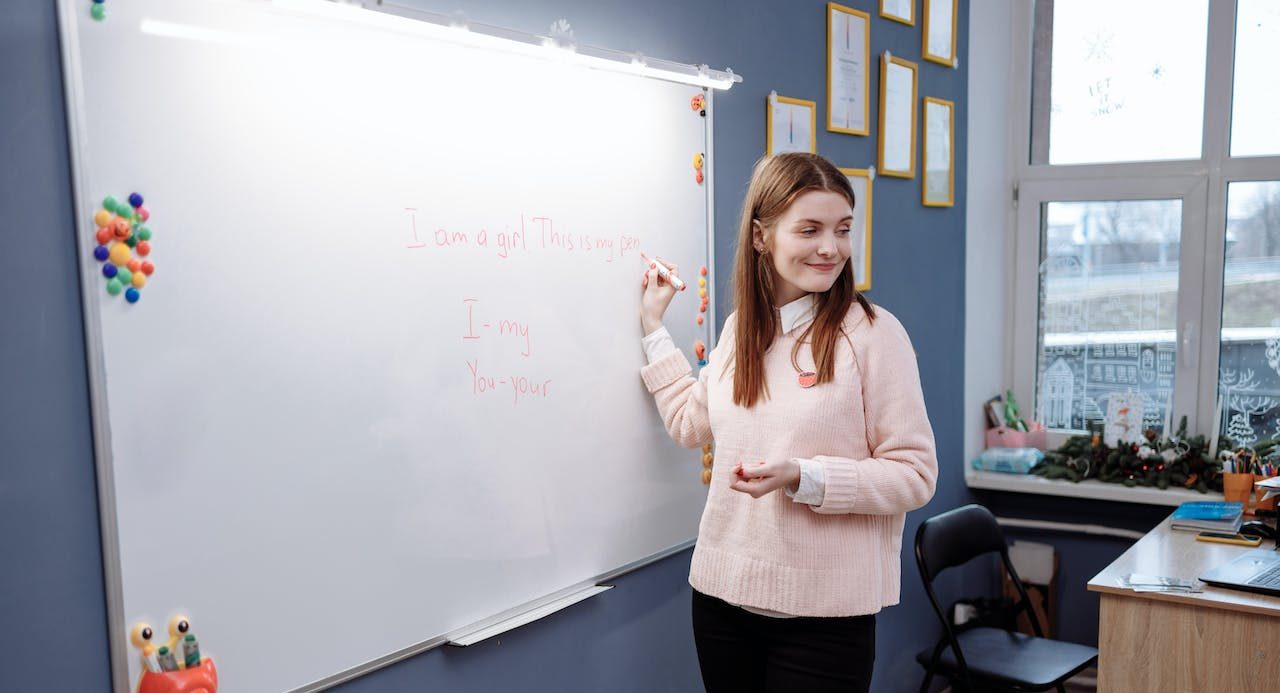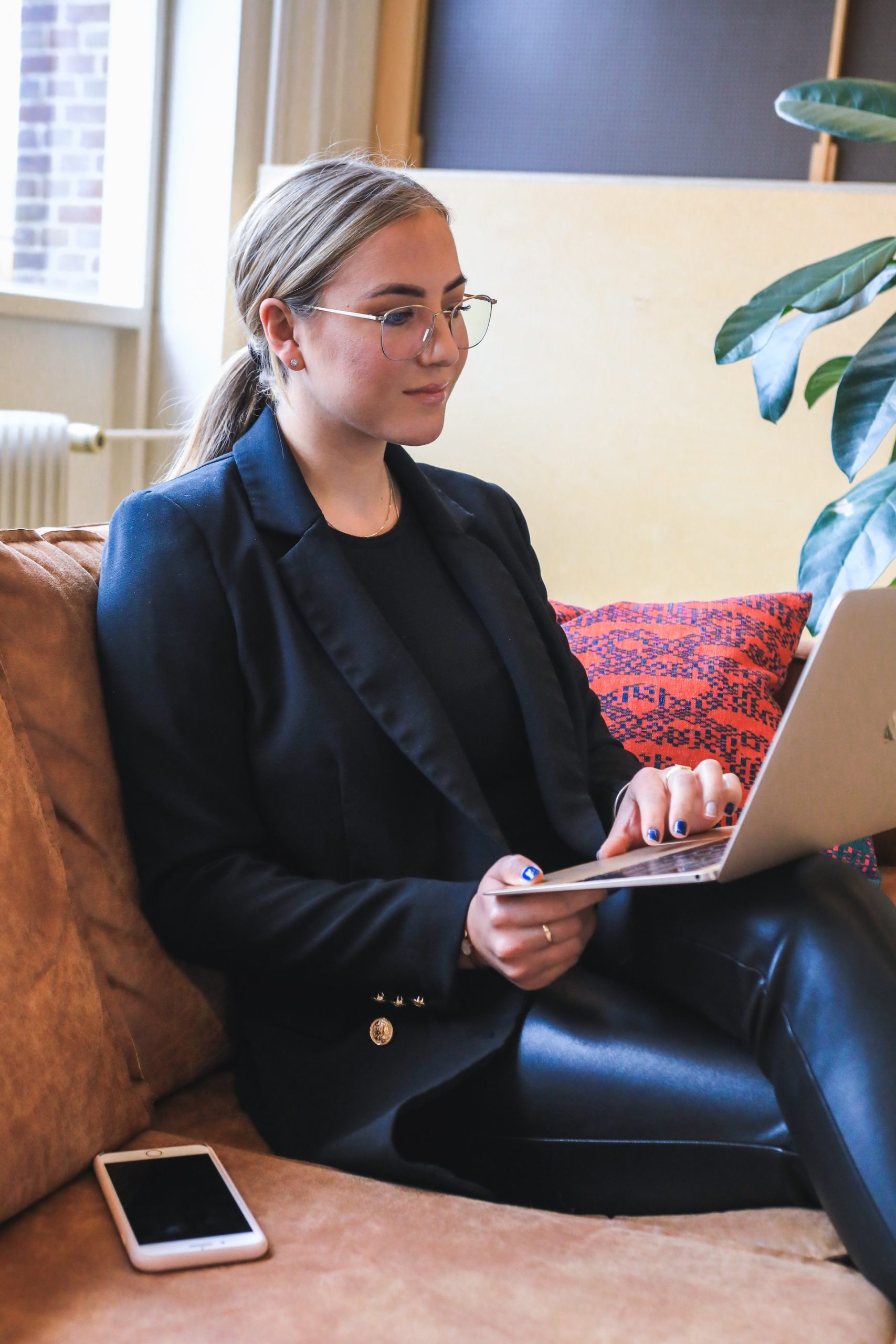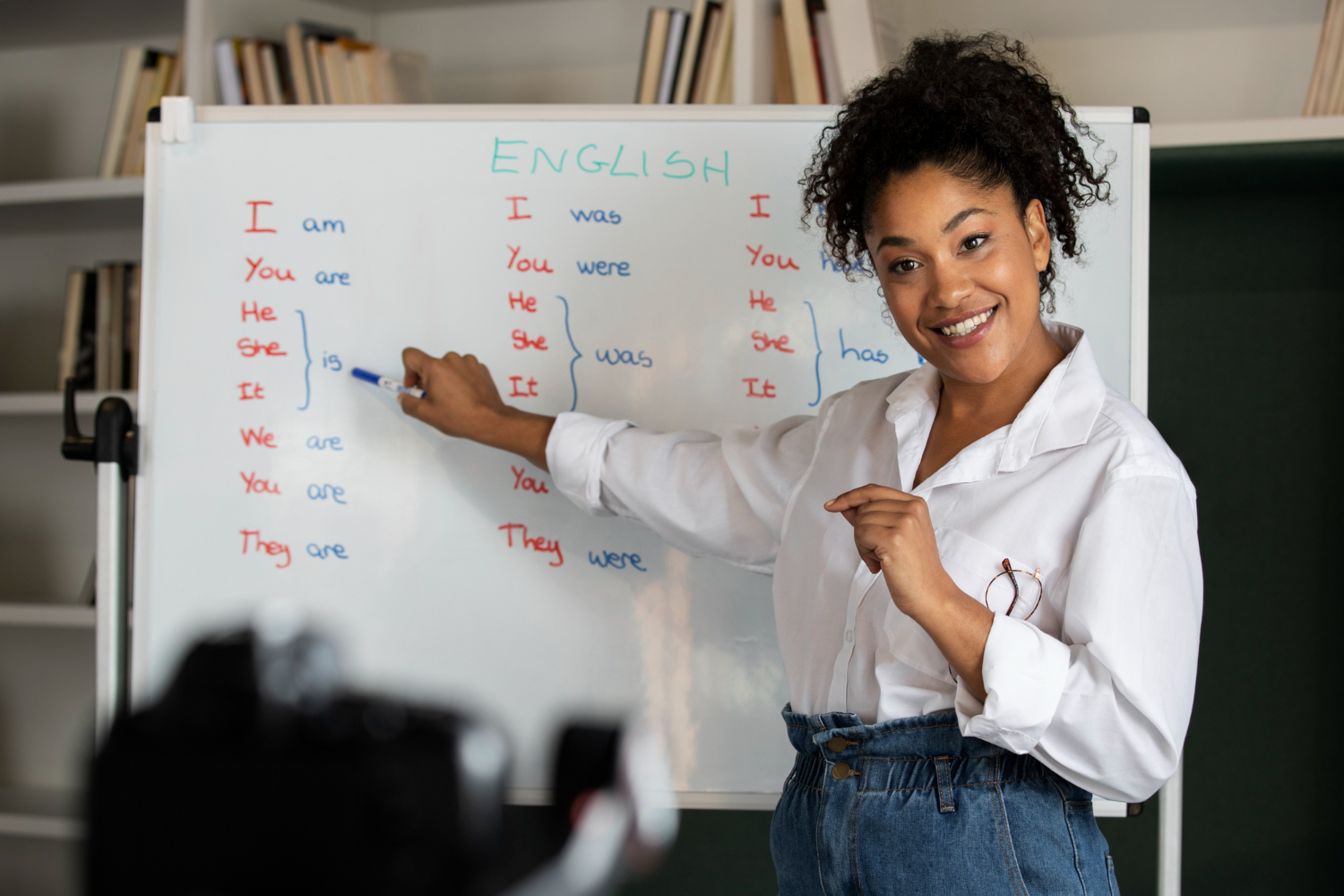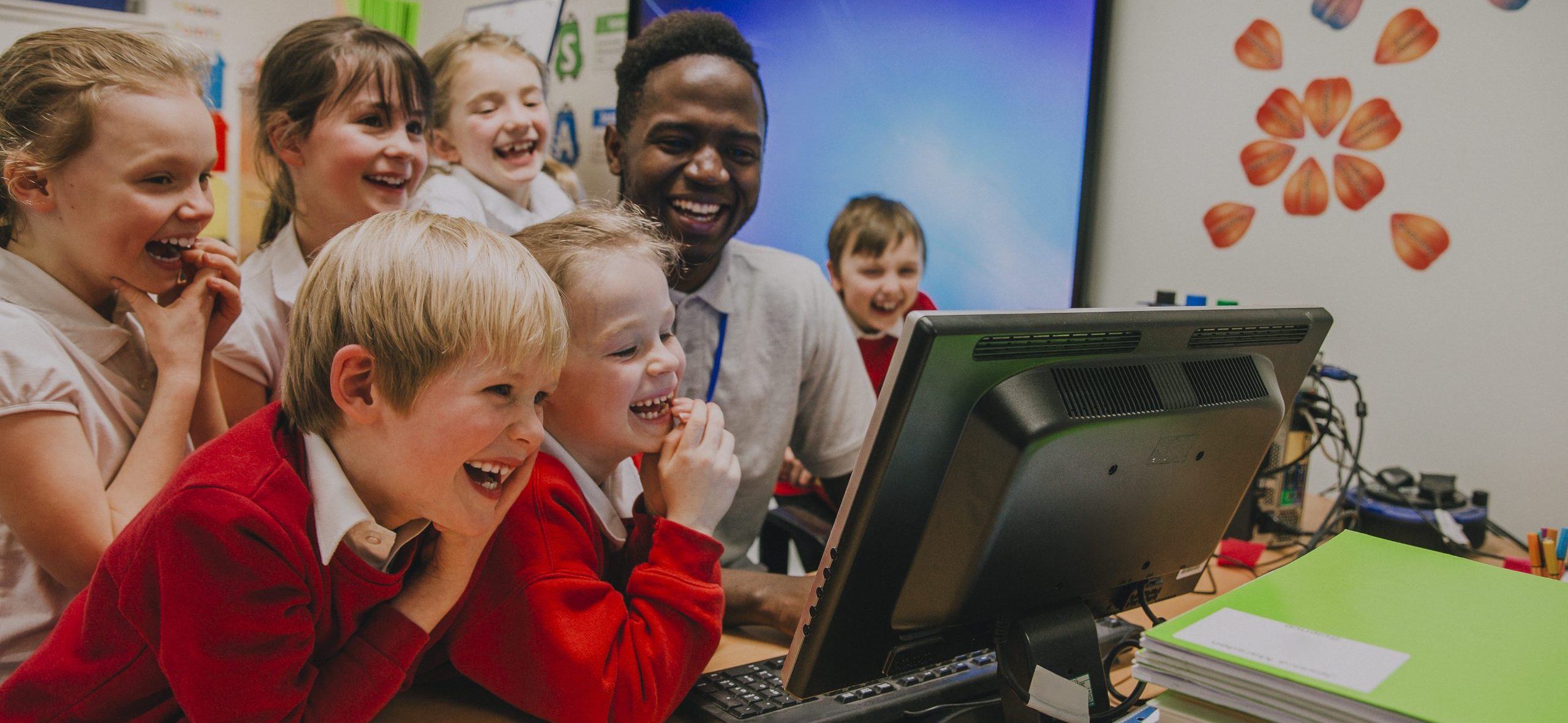Primary teachers use their knowledge and enthusiasm to engage with children, inspiring them to enjoy learning, be confident in their abilities and take pride in their achievements from a young age.
Through a mix of resources, primary teachers help motivate pupils of all abilities to study and investigate lesson topics. From Maths and English through to Music and Physical Education (P.E.), they use interactive and engaging teaching methods to bring national curriculum subjects to life.
Beyond the classroom, it is the job of a primary teacher to work alongside colleagues to plan and prepare school work in accordance with curriculum guidelines.
They also work with parents and caregivers to ensure pupils have a supportive learning environment both at home and school. This became especially important in 2020 and 2021, when primary teachers had to adapt to a new way of communicating with colleagues, pupils and parents through online learning. Computers are an inherent part of education and the switch to virtual classrooms proved just how important technology is.

